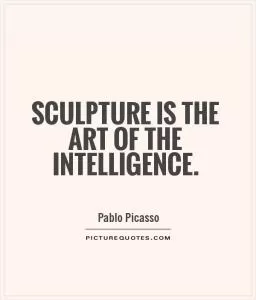You mustn't always believe what I say. Questions tempt you to tell lies, particularly when there is no answer

You mustn't always believe what I say. Questions tempt you to tell lies, particularly when there is no answer
Pablo Picasso, one of the most influential artists of the 20th century, was known for his innovative and groundbreaking approach to art. His work often challenged traditional notions of beauty and form, and his words were just as provocative as his paintings. The quote, “You mustn't always believe what I say. Questions tempt you to tell lies, particularly when there is no answer,” perfectly encapsulates Picasso’s enigmatic and enigmatic personality.Picasso was a master of manipulation, both in his art and in his interactions with others. He understood the power of words and how they could be used to shape perception and reality. By telling people not to always believe what he said, Picasso was acknowledging the inherent subjectivity of truth and the fallibility of human perception. He knew that people were easily swayed by questions and that the absence of a clear answer could lead them to fabricate their own truths.












 Friendship Quotes
Friendship Quotes Love Quotes
Love Quotes Life Quotes
Life Quotes Funny Quotes
Funny Quotes Motivational Quotes
Motivational Quotes Inspirational Quotes
Inspirational Quotes